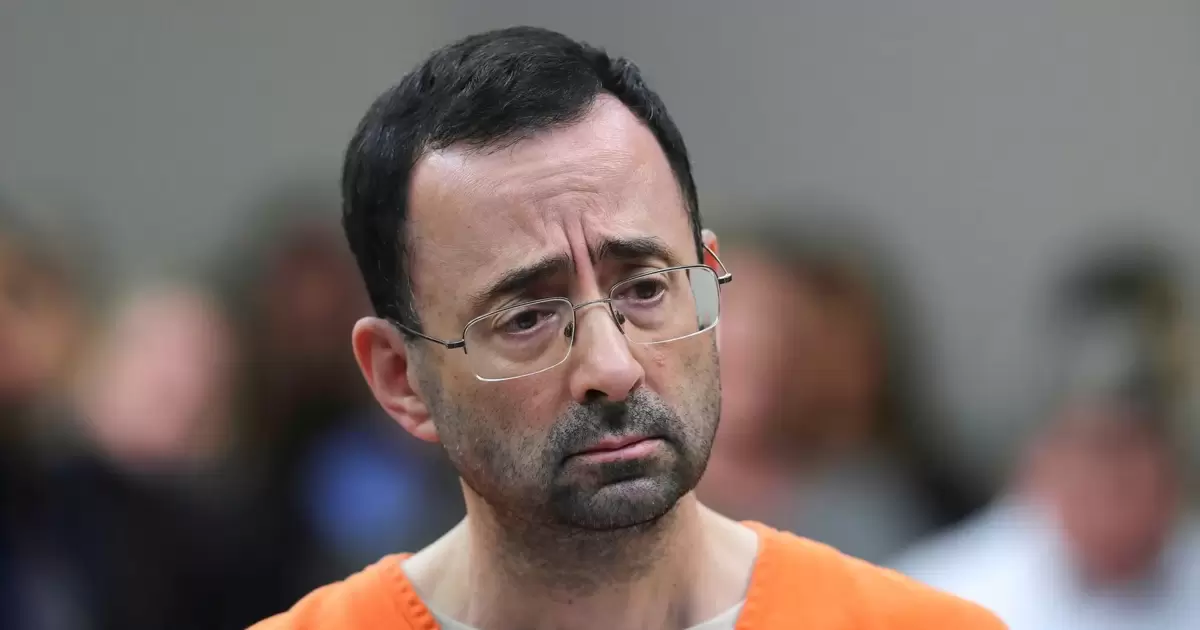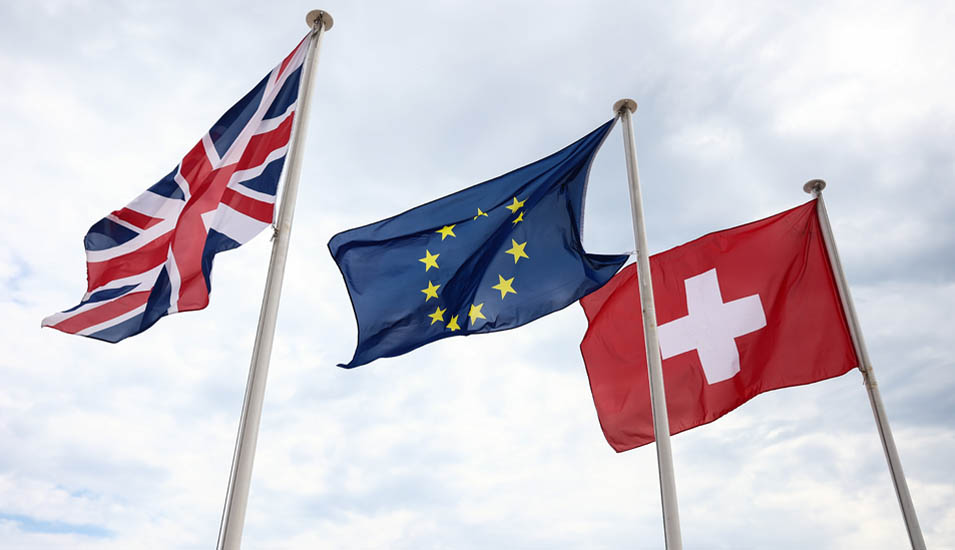In early September, the European Union agreed with Great Britain to return as an associated member of the EU research project “Horizon Europe”. Great Britain was excluded from Horizon 2020 in response to London’s unilateral approach to the dispute over special Brexit rules for Northern Ireland.
The EU research and innovation funding program “Horizon Europe” has a budget of around 95 billion euros for the years 2021 to 2027. It funds scientific projects in EU member states and associated countries. This is not only about funding, but also about opportunities for collaboration across national borders – something that is particularly important for the European scientific community.
Concerns about Switzerland’s isolation
Michael Schappmann, rector of the University of Zurich, is pleased with the success of the British government in the negotiations, but expressed his concern about Switzerland as a scientific location for the SRF television station: “The British will now focus on participating in the Horizon Europe projects, where Switzerland is completely excluded and we are isolated and alone again.”
According to Michael Hengardner, Chairman of the ETH Board, Great Britain’s return makes Switzerland’s situation even better, as the country is now the only unconnected country in the middle of Europe. At the same time, the agreement with Great Britain shows that a way can be found with the necessary political will. Hengardner sees an opportunity for an agreement after the Swiss parliamentary elections in October and before the European elections in 2024.
The Federal Department of External Affairs (EDA) told digital publication Table.Media that it was “swiftly blocking Switzerland’s participation in EU programs such as Horizon Europe and Erasmus+”. The topic is already the subject of ongoing discussions with the European Commission. According to media reports, a quick deal is needed as it is still unclear whether EU Commission President Ursula von der Leyen will stay on after the European elections. Van der Leyen is considered a big supporter of the deal with Switzerland.
High compensation
Researchers working in Switzerland can currently participate in some “Horizon Europe” calls, but not in a leading role, and the prestigious ERC grants are completely inaccessible to them. So far, the Swiss Federal Council has compensated for this special role of the country with higher payments. In 2023 alone, a funding equivalent of 625 million euros is available.
The last negotiations broke down in May 2021, among other reasons, because the European Commission views Switzerland’s connection to EU projects such as “Horizon Europe” in the light of overall relations. The Swiss Federal Council disclaims any political affiliation. Differences of opinion, especially in the area of free movement of people, hinder negotiations.
The European Union has the option
Petros Mavromichalis, the EU ambassador in Bern, told SRF that the EU wants to allow Swiss universities to participate again. The conditions for this have long been clear. “A positive outcome of the ongoing exploratory talks and a clear political commitment to resolve the outstanding structural issues in our relations will pave the way for negotiations on full engagement with Horizon and other programmes.”
The political will of the Swiss Federal Council to restart negotiations is therefore crucial. But according to SRF, it is “button”. Meanwhile, if further delays occur, Swiss researchers fear their country could gradually lose its appeal as a scientific location.

“Communicator. Entrepreneur. Introvert. Passionate problem solver. Organizer. Social media ninja.”







More Stories
The F-35 moves further from the United Arab Emirates
Eli Tomac competes in the US Nationals
Canada announces squad for 2024 World Cup